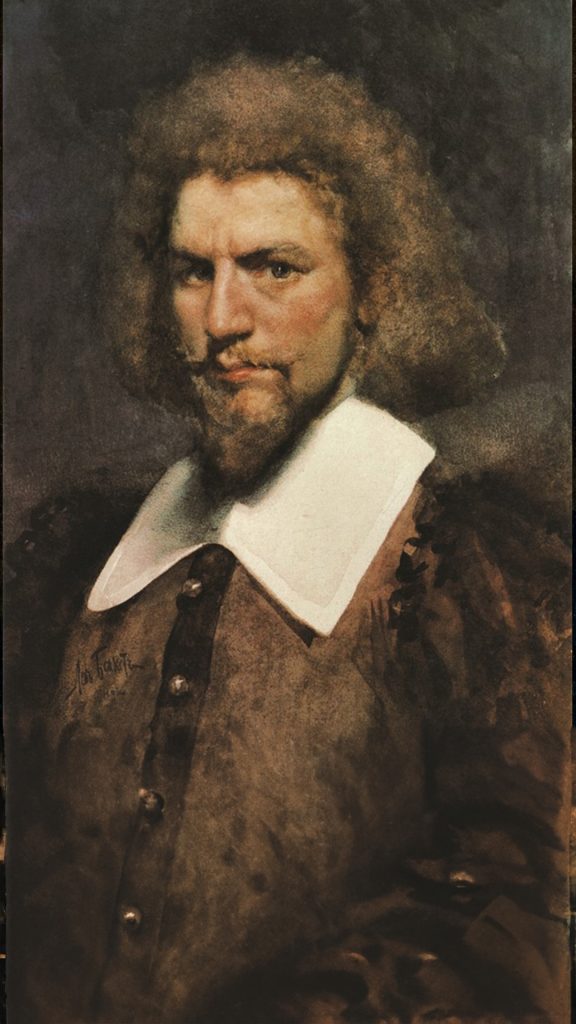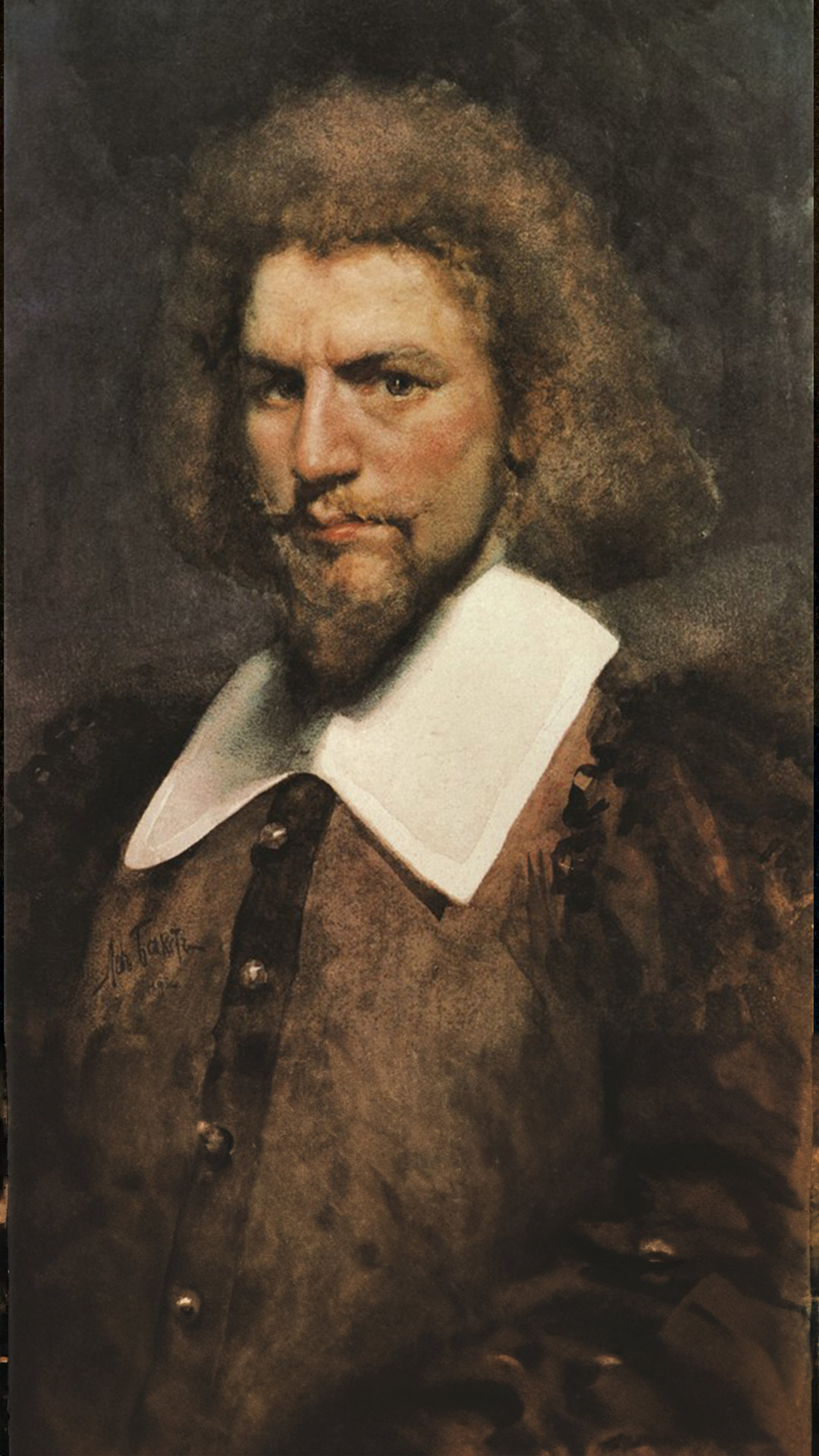Amidst Portuguese Roots and the Quest for Intellectual Freedom
Uriel da Costa, a 17th-century Portuguese-Jewish thinker, surfaced in an era rife with societal and religious upheaval. Born in Portugal, possibly in Porto, circa 1585, he etched an indelible mark on philosophical history, distinguishing himself through his Portuguese lineage and provocative contributions.
Costa’s lineage is woven into Portugal’s rich historical tapestry. His family, like many Jews of the time, grappled with the pressures of the Inquisition, seeking to suppress non-Catholic religious practices. Unfortunately, the Inquisition coerced many Jews into Catholic conversion to evade persecution. This tumultuous relationship with faith and identity profoundly shaped Costa’s life.
In contrast to contemporaries seeking accommodation through conversion, Uriel da Costa opted for an unconventional path. He clandestinely maintained his Jewish faith while publicly professing Catholicism. This duality, a product of Inquisition pressures, laid the groundwork for internal tensions that would later prompt him to question not only his faith but also the intellectual structures of the time.
The quest for intellectual and religious freedom impelled Costa to challenge established norms. His skepticism toward the religious orthodoxy of the time, coupled with an inquisitive mind, led him to question traditions and seek answers beyond the limits imposed by the church and society. This iconoclastic stance, rooted in his familial experiences and Portuguese identity, triggered a process of self-examination and profound reflection.
In 1616, Costa published “Examination of Pharisaic Traditions,” a work challenging Jewish and Catholic practices. This provocative publication, revealing his own doubts and restlessness, drew ire from both the Jewish community and the Inquisition. Costa faced excommunication and severe persecution.
Intense pressure and threats to his life plunged Uriel da Costa into a state of despair. In 1640, he tragically took his own life, leaving behind a body of work that not only challenged religious structures but also contributed to the development of free and critical thinking.
Uriel da Costa embodies the struggle between Portuguese heritage and the individual quest for truth. His story highlights not only the social and religious tensions of the time but also the courage to challenge established norms in the name of freedom of thought. Costa remains a complex and influential figure, whose Portuguese lineage and the controversies he faced made a significant contribution to the evolution of critical thinking and intellectual freedom.


Deixe um comentário